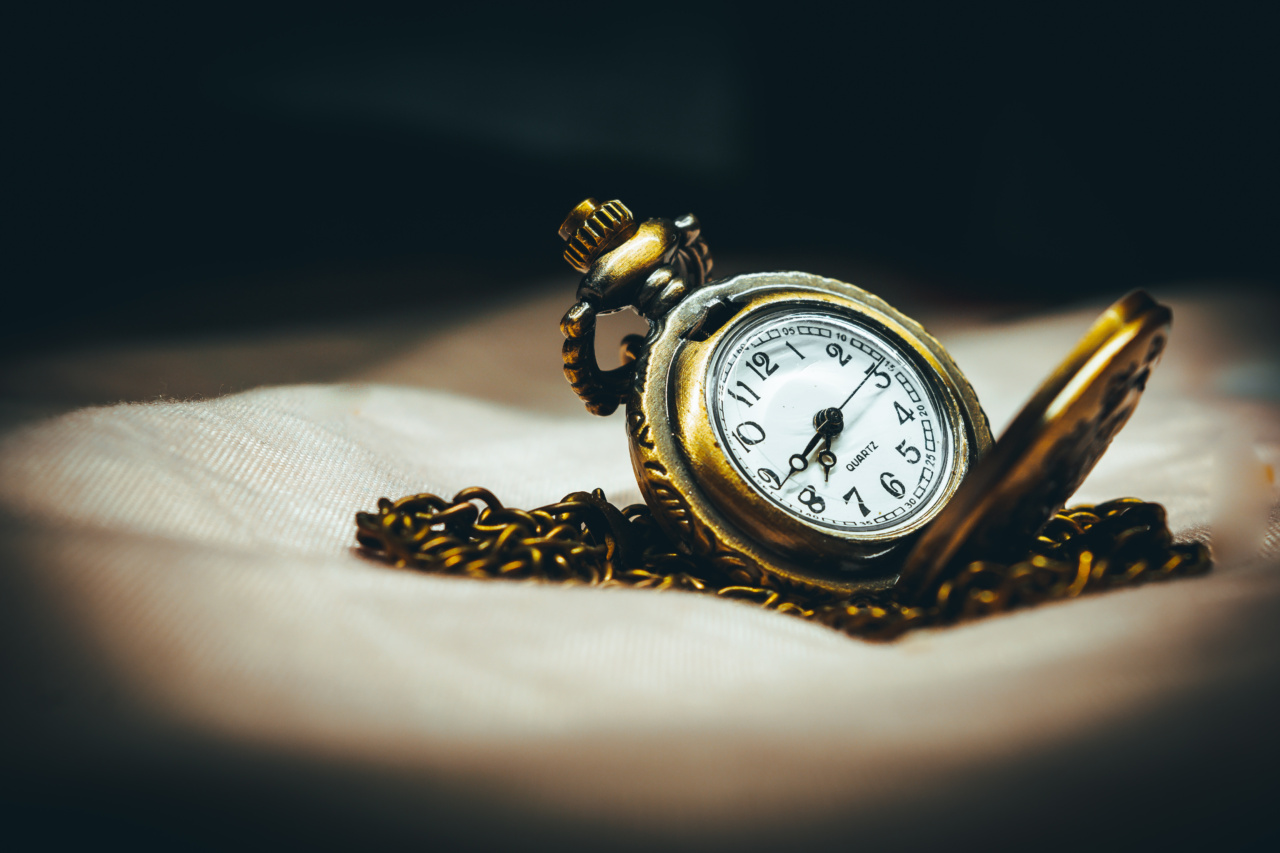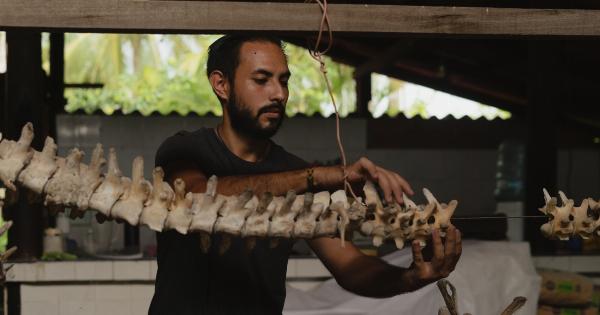Experiencing a miscarriage can be a traumatic and heartbreaking event for any couple hoping to start or expand their family. It’s important to give yourself time to heal emotionally and physically before trying to conceive again.
While there is no one-size-fits-all answer when it comes to the recommended time to conceive following a miscarriage, medical professionals generally offer guidelines and suggestions based on individual circumstances. In this article, we will explore factors that may influence the recommended time to conceive after a miscarriage and provide some insights to help you make an informed decision.
Understanding Miscarriage
A miscarriage, also known as a spontaneous abortion, is the loss of a pregnancy before the 20th week. They usually occur in the first trimester and are often caused by genetic abnormalities or health issues.
Miscarriages are more common than most people realize, with approximately 10-20% of known pregnancies ending in miscarriage. While it can be an emotionally challenging experience, it’s essential to remember that it does not necessarily indicate that future pregnancies will end the same way.
Physical Recovery
After a miscarriage, your body needs time to recover physically.
The duration of this recovery period can vary from person to person and depends on factors such as the gestational age at the time of the miscarriage and any complications that may have occurred. Generally, it is recommended to wait until you have had at least one menstrual cycle after a miscarriage before attempting to conceive again.
This waiting period allows your body to regulate hormone levels and ensures that your uterine lining has had enough time to build up again.
While waiting for your menstrual cycle to return is often suggested, some women may ovulate before getting their first period after a miscarriage.
Tracking your ovulation using at-home kits or monitoring your basal body temperature can help determine whether you are ready to try to conceive again, even before getting your first period. However, it is important to discuss this method with your healthcare provider, as they can provide guidance based on your specific situation.
Emotional Healing
The emotional toll of a miscarriage cannot be overlooked. It is crucial to allow yourself time to grieve and heal before attempting to conceive again. The loss of a pregnancy can bring about feelings of sadness, guilt, or even anger.
Seeking support from loved ones, joining support groups, or talking to a therapist can help you cope with these emotions and provide guidance during the healing process.
Each person’s healing journey is unique, and there is no specific timeframe for emotional healing. Some individuals may feel ready to try again after a few weeks, while others may need months or even years.
Listen to your feelings and trust your intuition to determine when you are emotionally prepared for another pregnancy.
Couple’s Decision
Deciding when to try to conceive again after a miscarriage is a deeply personal decision that should ideally involve both partners. Communication plays a vital role in understanding each other’s emotions, fears, and desires for the future.
Some couples may want to wait for a while to ensure they are both physically and emotionally ready, while others may prefer to start trying again as soon as possible.
It is important to remember that the experience of a miscarriage can affect partners differently. While one may want to try again immediately, the other might need more time to heal.
Finding a middle ground and engaging in open, honest conversations can help partners navigate this difficult decision together.
Seeking Medical Advice
If you have experienced a miscarriage and are unsure about when to try to conceive again, it is always best to seek advice from a healthcare professional who can guide you based on your unique circumstances.
They can take into account factors such as your age, medical history, and the cause of the miscarriage to provide personalized recommendations.
Additionally, if you have experienced recurrent miscarriages (two or more consecutive miscarriages), consulting with a fertility specialist may be beneficial.
They can perform tests to identify any underlying issues that might contribute to the repeated pregnancy loss and provide appropriate guidance and treatment options.
Taking Care of Your Overall Health
While you may be eager to conceive again, it is crucial to prioritize your overall health.
This includes maintaining a balanced diet, engaging in regular exercise, managing stress levels, and avoiding harmful substances like tobacco and excessive alcohol consumption. Taking care of your general well-being can improve your chances of having a healthy pregnancy in the future.
Conclusion
The recommended time to conceive following a miscarriage can vary from person to person, and there is no definitive answer that applies to everyone.
It is important to give yourself time to heal physically and emotionally after a miscarriage before attempting to conceive again. Consulting with a healthcare professional can provide valuable guidance tailored to your individual circumstances.































